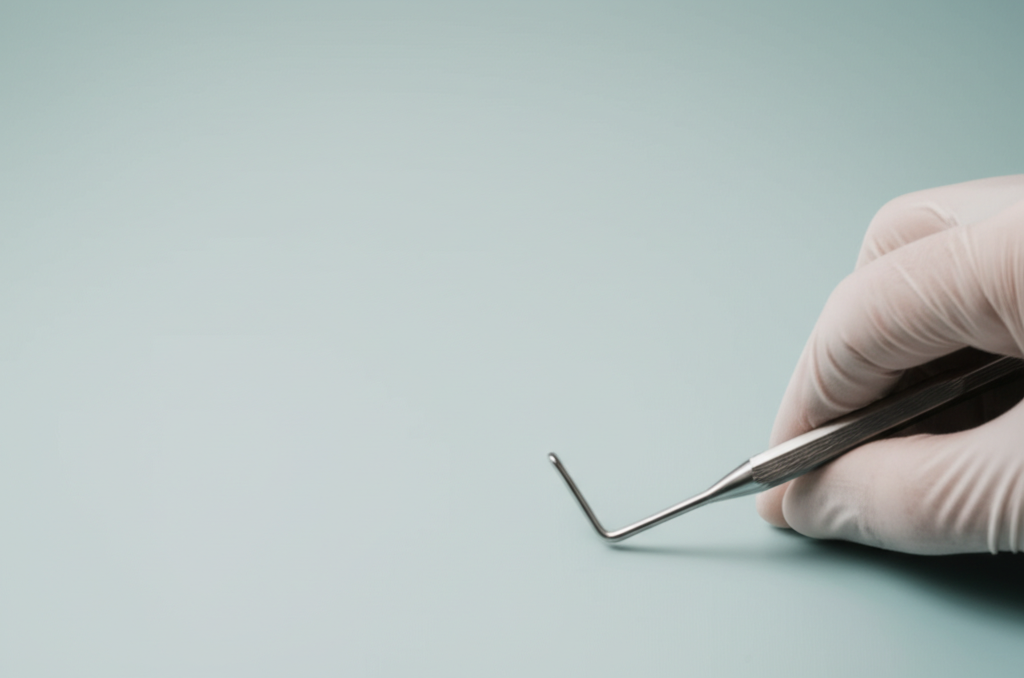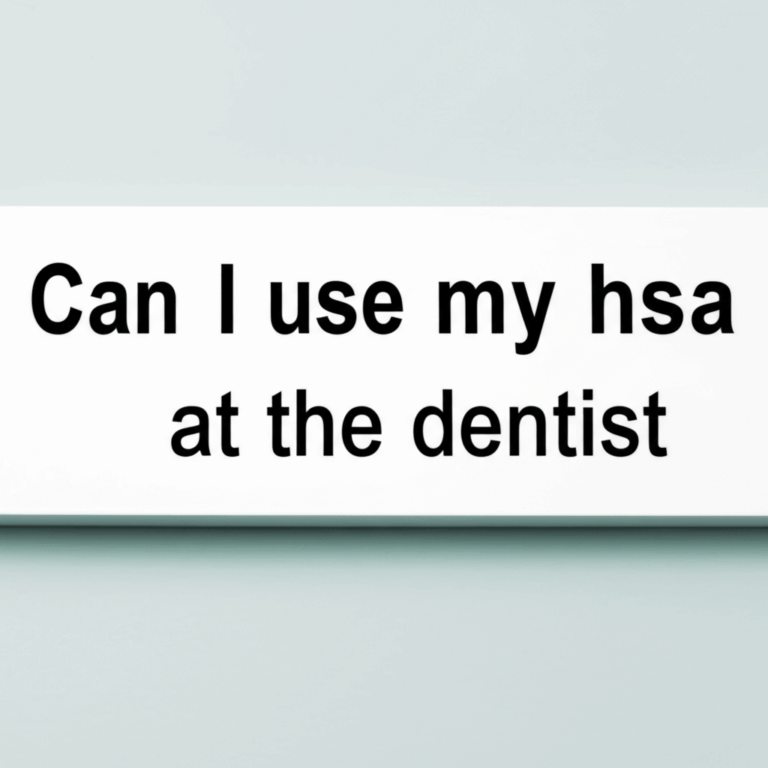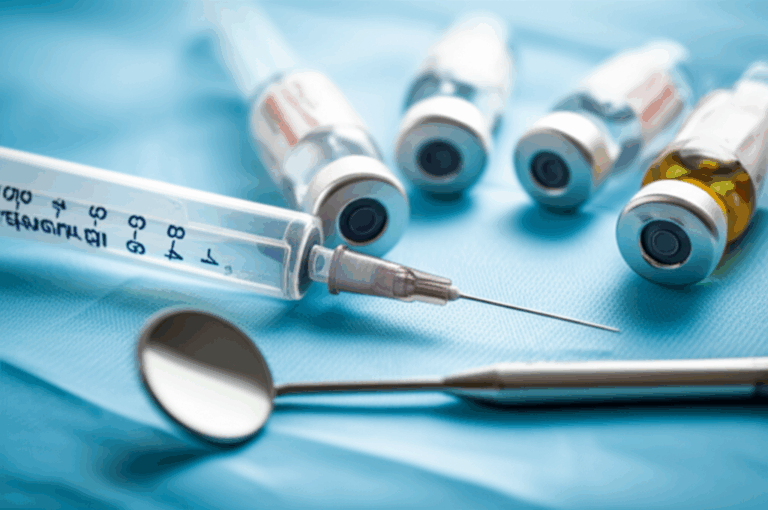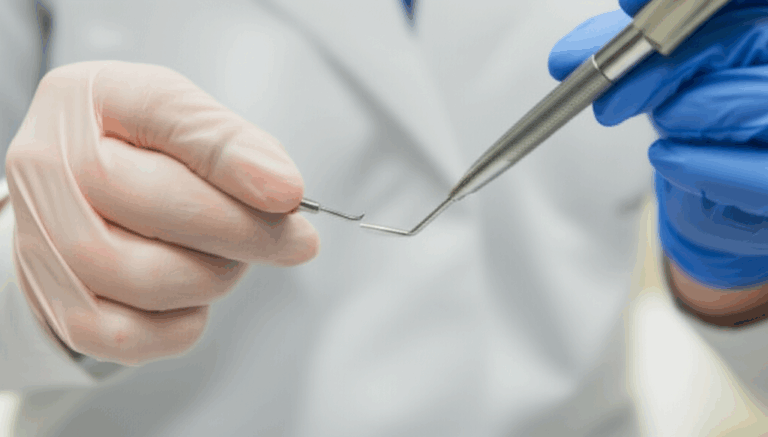
Why Is It So Hard to Find a Dentist? Unpacking the Dental Access Crisis
Have you ever needed a dentist and found it almost impossible to get help? You’re definitely not the only one. This guide explains why getting dental care is so tough lately and gives you simple tips to find the help you need. If you’ve run into long waits, confusing insurance, or big bills, keep reading. We’ll show you the main reasons for the dental care problems, places to get help, and new ideas — from clinics to cool technology — that could make it easier for you to smile again.
Table of Contents
1. Introduction: Why Is It Hard to Find a Dentist?
I remember the first time I looked for a new dentist after moving. I called, emailed, and waited for answers. After weeks, I found a dentist — but the next open spot was three months away! Sound familiar?
Looking for a dentist can feel like a tough puzzle. It’s not really your fault. The system is full of problems. There aren’t enough dentists, insurance rules are a mess, costs are high, and there aren’t enough staff. Patients everywhere are having a tough time. This guide will go over these problems and make the search a bit easier for you.
2. What Is a “Dental Desert,” and Where Are They?
You may have heard of a “food desert,” meaning no good places to buy food. A “dental desert” is just like that — only with dentists. Some areas just don’t have dental offices nearby.
How Dental Deserts Start
Most dentists like to work where there are lots of people and more money. Small towns, poor city spots, and areas with little cash often get skipped. That means people there might have to drive a long way to fix a tooth, wait months for checkups, or skip care completely.
How It Affects You
Imagine a parent with a kid who has a toothache. If the closest dentist is two hours away, what can they do? Sometimes, people go to the hospital instead, which costs more and doesn’t always solve the real tooth problem.
3. Why Are Dentists So Hard to Find in My Area?
There just aren’t enough dentists. Here’s why:
- Retiring Dentists: Many dentists are leaving their jobs, especially in small towns. Fewer newbies move in to take over.
- School Debt: Dental school is expensive. New dentists often pick big cities to get paid more and pay off debt.
- Not Enough Staff: Not enough dental helpers or hygienists means offices can’t see as many patients. That makes open spots even less.
- Hard to Find Specialists: Need a braces doctor or kid’s dentist? In many places, you might have to wait months or drive far.
Dr. Joe Dental, a dentist with 20 years of work, says, “We can’t find helpers, and young dentists don’t want to work in small towns. There are fewer coming in.”
4. How Do Dentist Shortages Affect Your Community?
If you can’t get a dentist, it hurts your health, your wallet, and the whole area.
Long Waits: Dentist offices fill up fast — some stay booked for months. Emergencies are hard to manage.
Travel Problems: Some families drive more than 50 miles every time someone has a sore tooth. That adds time, money, and missed work or school.
Getting Sicker: Skipping check-ups leads to worse problems like gum disease or losing teeth. Kids, older people, and those with disabilities get hurt the most.
Hospital Stress: ERs aren’t made for dental work. Hospital visits cost more and don’t always fix the tooth.
Here’s a quick look at the numbers:
| Community Type | Dentist-to-Population Ratio | Wait Time for New Patients | Unmet Dental Needs (%) |
|---|---|---|---|
| Urban/Suburban | 1:1600 | 2-6 weeks | 22% |
| Rural, Underserved | 1:4000 or worse | 2-4 months | 34% |
| Low-income neighborhoods | 1:3500 | 3+ months | 40% |
(Source: American Dental Association, 2023)
5. What Role Does Dental Insurance Play?
Found a dentist, but they don’t take your insurance? That’s a whole new hassle.
Insurance Networks
Some dentists take just a few plans. Some don’t take insurance at all — especially if it pays very little. Dentists sometimes quit the big networks because the forms take too long and pay is low.
Medicaid and Medicare
If you have Medicaid, it’s even harder. Less than half of dentists in many states take it. Medicare, for older folks, hardly covers any dental work! This leaves seniors and low-income families stuck.
High Out-of-Pocket Costs
If you don’t have insurance, or if your plan covers almost nothing, it can cost too much. Even a simple filling or cleaning may be too expensive for some.
6. Why Are Dental Costs So High?
It’s just the truth — dentist visits can be pricey.
- Big Costs to Run an Office: Rent, tools, supplies, paying staff, and insurance all add up.
- School Debt: Dentists owe a lot after school. They charge more to pay it back.
- Medical Plans Don’t Cover Dental: Usual health insurance doesn’t pay for dental. So you need a separate plan or just pay yourself.
- Dental Plans Pay Little: Even good dental insurance leaves you paying for a lot yourself.
Here’s what you might pay:
| Procedure | Average Cost (Without Insurance) |
|---|---|
| Exam & Cleaning | $100 – $250 |
| Filling (1 surface) | $150 – $400 |
| Crown | $800 – $2,000 |
| Root Canal (front) | $900 – $1,500 |
(Source: Health Resources and Services Administration, 2023)
7. Why Are Appointments So Hard to Get?
Maybe you found a dentist who takes your plan — but the wait is months! Why’s that?
Full Schedules: Many dentists already have as many patients as they can handle, with no room for new people.
Not Enough Staff: No dental helpers or hygienists means the office slows down.
Old Patients First: Dentists often care for regulars first, so it’s tough for new patients.
Tons of Paperwork: Checking insurance and filling out forms takes a lot of time, slowing things more.
8. What Other Challenges Do Dentists Face?
Dentists aren’t just waiting for patients. A lot of them are tired and stressed — known as “burnout.”
Burnout and Costs
It costs a lot to keep a dental office open. If a dentist can’t make enough to cover bills, they might close up or move somewhere busier. That makes the problem worse.
Dental Education Issues
Not as many people want to become dentists now, because of high costs and hard job options in some areas. Starting a private office is hard, especially where there are few dentists already.
9. Are There Alternatives to Private Dental Practices?
On too many waitlists? Don’t give up! Try these:
Community Dental Clinics
These get run by local groups or health departments. They see people for cheap or on a sliding scale.
Federally Qualified Health Centers (FQHCs)
These are funded clinics that help everyone, no matter what you can pay. They take Medicaid and often the uninsured. But be ready for long waits and sometimes fewer services.
Dental School Clinics
Dental students need practice, so they often do cleanings and simple care for lower prices while teachers supervise.
Mobile Dental Clinics
Some groups use vans or buses to offer dental visits in different neighborhoods. Handy for dental deserts.
10. How Can I Find a Dentist Faster?
Having trouble? Here’s what you can do:
Use Online Directories
Check search sites that let you filter by insurance, location, and if they’re taking new patients.
Ask Around
Friends, family, or your doctor might know someone.
Check Local Clinics
Community health centers or dental schools are worth a call.
Call Early
Cancellations often pop up first thing in the morning. Calling early can help.
Try Online Visits
Some offices now do teledentistry — video chats or quick advice online. It won’t fix every problem, but it’s good for questions.
11. How Are New Solutions Like Dental Labs Helping?
Dental care is using more technology, which can make things quicker and sometimes cheaper. Dental labs are behind the scenes making crowns, bridges, and dentures, and these are changing, too.
Faster and Custom Work
Modern dental labs, like digital dental lab teams, make things like crowns and 3D-printed retainers using high-tech tools. Dentists can send digital scans instead of regular molds, so it’s quicker and fits better.
Special Materials and Solutions
Labs such as crown and bridge lab or zirconia labs use strong, lasting materials. This helps things like repairs, night guards, and dentures hold up longer.
Partnering to Expand Care
By working with high-tech labs, even small clinics in far-away places can offer services that used to only exist in big cities. This tech partnership helps bring care to more people and can slowly make dental deserts smaller.
12. Summary: Key Takeaways
- Finding a dentist is hard because there aren’t enough — especially in small towns and some city spots.
- Dental insurance, especially Medicaid and Medicare, doesn’t make it easy to get care.
- Dental care is expensive and insurance often pays little, if any.
- Many dentists are quitting, tired, or struggling to hire helpers.
- Other options like clinics, dental schools, and mobile dentists are there—don’t give up if regular offices don’t work.
- New labs and digital tools are making care faster and easier. Check out how a digital dental lab can help patients get better crowns and more, even in places with fewer dentists.
Frequently Asked Questions
Q: Does dental insurance mean I’ll get a dentist faster?
A: Sometimes, but lots of offices don’t take all plans. Always call to make sure.
Q: Is it safe to go to a dental school clinic?
A: Students always work with licensed dentists, so you can feel safe and usually save money.
Q: What if I have a dental emergency and can’t find a dentist?
A: Go to the hospital if you’re in a lot of pain, but keep calling local clinics and ask about last-minute openings.
Q: How can new technology help with dental access?
A: New labs, online tools, and teledentistry bring faster, better care to more places.
Remember
- You’re not alone — finding a dentist is a countrywide problem.
- Options exist: clinics, schools, and mobile dental vans can help.
- Insurance isn’t a sure thing; gaps are everywhere.
- Cost is a problem for lots of people. Always ask about payment plans.
- Technology and up-to-date dental labs can bring top-quality care even to remote areas.
Reference Notes:
Info from the American Dental Association, Health Resources and Services Administration, and Dr. Joe Dental, DDS.
For simple, practical tips, check out this practical guide for dental patients.
Get more info on dental care providers at the dentist resource page.
Reviewed by Dr. Joe Dental, DDS – practicing general and public health dentistry for over 20 years.








